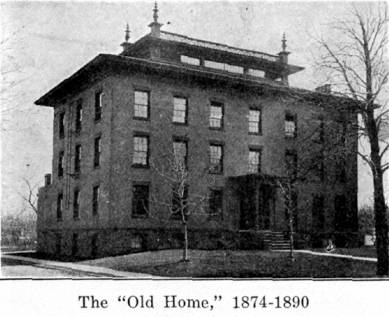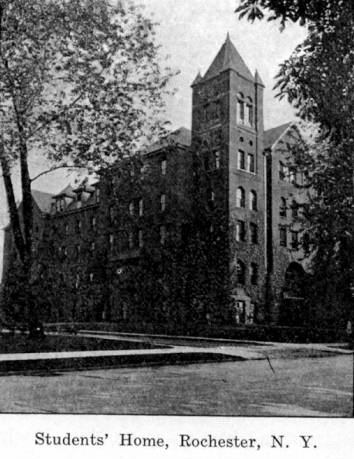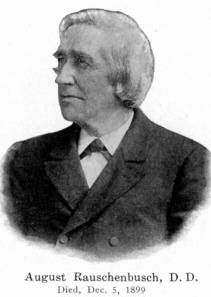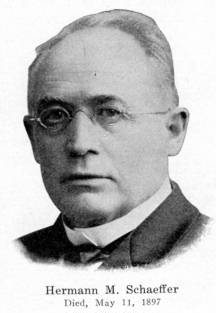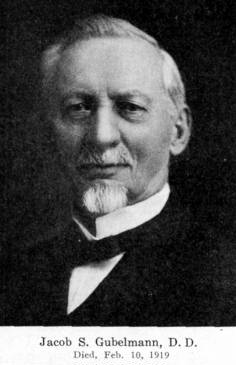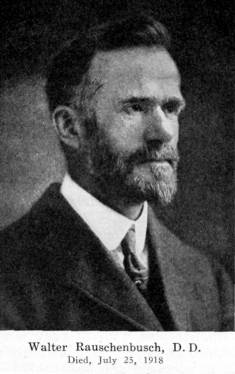Chapter VI
Ministerial Education
"Give instruction to a wise man, and he will be yet wiser; teach a just man, and he will increase in learning." Prov. 9:9.
It was a matter of no small moment for the internal as well as the external development of our German churches that, from the very first, their leaders were men who had some special training for their life's work. The churches were spared the vexations, contentions and divisions which have usually followed from unbalanced interpretations of Scripture and which unhappily have given our country the "legion" of small and unnecessary church bodies. During their entire history our churches were characterized by saneness, and religious cranks and fanatics were obliged to go elsewhere for the exploitation of their hobbies. And yet, as already stated in a previous chapter, the movement for a trained ministry did not arise in their circles. God's providence, as we believe, directed otherwise at a time when it was wholly impossible for our churches to give thought to such an important venture.
The beginning of a ministerial education goes back to 1850, when a group of devout and staunch Baptists, largely from Rochester, N. Y., were laying the foundations for a new University and a Theological seminary in the city of Rochester, Their attention was directed to the German churches and missions which were giving much promise of success, but which were lacking in suitably trained leaders. They therefore let it be known that German young men would be welcome to the new institutions of learning. The prime mover was Rev. Zenas Freeman, who was at the time the Corresponding Secretary, and whose personal interest led him to go to New York City to interview some German young men who had expressed a desire to enter the German work. In the very first Catalogue of the Rochester Theological Seminary, a course of studies for German students is offered, extending over four years and embracing collegiate and theological subjects. It was the opinion of these good men, that prospective German students would join the classes already formed and hold their own with men whose native language was English. As early as 1852, a number of German brethren accepted the generous invitation and tried the impossible, but their ranks soon thinned out, A few succeeded, the majority abandoned the task as hopeless and drifted into the ministry with the little training the could get. It was not until 1858, that the Seminary authorities secured a German teacher in the person of Augustus Rauschenbusch who should give his entire time to the task of training men for missionary work among the Germans. In this way was the German Department of the Seminary founded.
